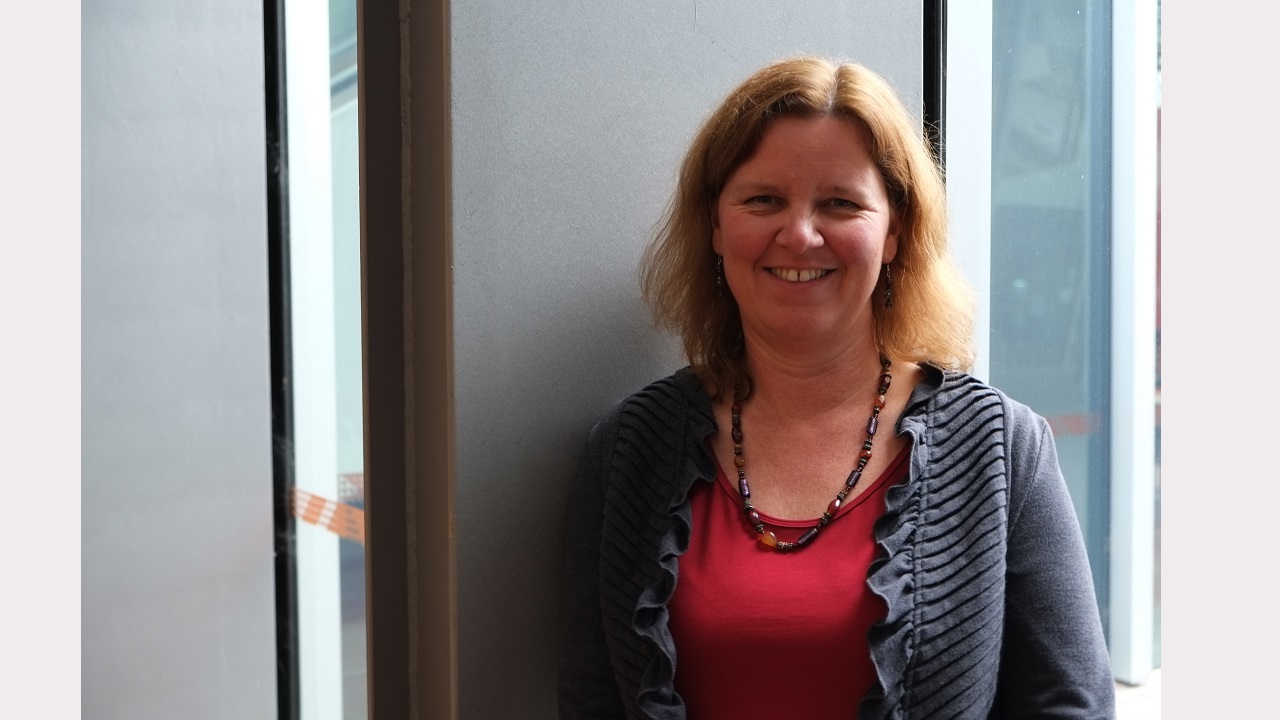Hidden curriculum erodes medical students’ compassion
Hidden curriculum erodes medical students’ compassion
by Heather Wiseman
Thursday, September 03, 2015
Despite a huge emphasis within medical schools on teaching empathy, a hidden curriculum causes students’ compassion to decline over time, according to an Associate Professor of General Practice at The Australian National University Medical School.
Dr Katrina Anderson told the 13th Australian Palliative Care Conference in Melbourne today that despite excellent educational interventions she has seen evidence of third year medical students having have less empathy than those in their first year. This was largely due to greater value placed on science and evidence than compassion, intuition and humility.
“Students are growing up in a culture where we say ‘have empathy’ but what we value is science, evidence-based medicine and technology. Evidence-based medicine and science are absolutely crucial but we get the balance a bit wrong.”
While delivering a course called The Healer’s Art, Dr Anderson asked her first-year medical students how they would respond to grief and loss. Responses included “Listening”, “Being there with a sense of quiet”, “Not feeling a need to give advice, just being a sounding board” and “Unconditional love and support”.
Dr Anderson said when asked in an exam how they would respond to a patient who was grieving the loss of a loved one, a third year student responded: “I will explain to her the five stages of grief according to Kubler Ross and tell her which stage she is in. The five stages are anger, denial, depression, bargaining and acceptance.”
“Students are growing up in a culture where we say ‘have empathy’ but what we value is science."
Dr Anderson said, “Not all the students answered this way, but it is an example of how a student is thinking by third year. We have taken away some of their humanity somehow.”
She also gave the example of a male student in third year who doubted that he was cut out to be a doctor after a clinical placement in which he showed emotion while telling a young woman she had breast cancer. He was convinced his compassion would be seen as a weakness, reflecting a culture which focussed on praising a correct diagnosis rather than an appropriate display of caring and empathy.
“It was terrible,” the student said.
“I did such a bad job. I couldn’t give her any advice. I’m really embarrassed to tell you, I started to tell her [she had cancer] and I got tears in my eyes. She started to cry and then I got teary. I’m not going to cut it as a doctor, am I?”
Compounding the problem, students are not being taught in environments where they can interact meaningfully with patients and show genuine compassion. Rather than the current emphasis on acute settings, there would be value in each student connecting with a patient with advanced illness over a year, so they could experience the journey together.
Similarly, there would be value in seeing kindness modelled at big teaching hospitals; places where Dr Anderson said kindness had largely disappeared. While this may be the result of burnout, and doctors protecting themselves by becoming emotionally detached doctors had a responsibility to reflect on their behaviour and the way they treat others.
“It is up to all of us in the health system to stop this hidden curriculum subtly affecting all of us,” she said.
To read Dr Anderson’s moving story about visiting a patient who had died, and how she was able to support his family, click here.
